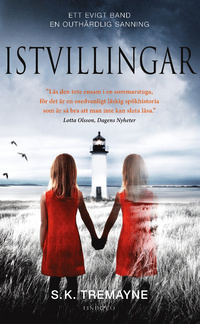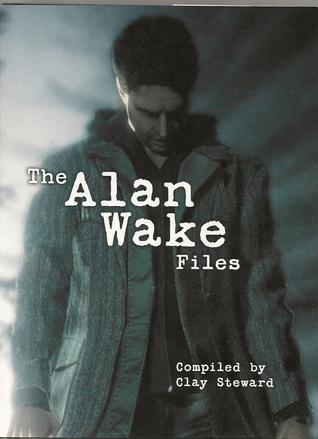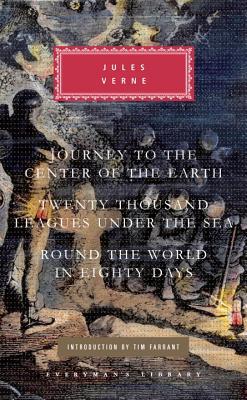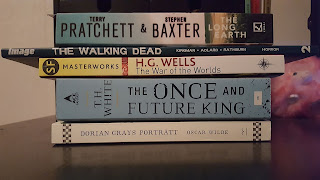 2. The Ice Twins, by S.K. Tremayne. This book was terrible. Absolutely awful. I think it was supposed to be creepy, but it was just sad. It's a story about a mother's inability to deal with her grief basically and her grief turns into a mental condition. However, instead of being heart-wrenching it's just a long string of suspicions and misunderstandings and soon the whole book is all about some nonexistant drama that the mother has cooked up in her mind since she stopped taking her anti-depressants. A long string of drama and unnecessary finger-pointing, and there's nothing that frustrates me as much (both IRL and in fiction) as when people just assume things instead of communicating with each other like grown up decent human beings. This book was just frustration and eye-rolling on my part.
2. The Ice Twins, by S.K. Tremayne. This book was terrible. Absolutely awful. I think it was supposed to be creepy, but it was just sad. It's a story about a mother's inability to deal with her grief basically and her grief turns into a mental condition. However, instead of being heart-wrenching it's just a long string of suspicions and misunderstandings and soon the whole book is all about some nonexistant drama that the mother has cooked up in her mind since she stopped taking her anti-depressants. A long string of drama and unnecessary finger-pointing, and there's nothing that frustrates me as much (both IRL and in fiction) as when people just assume things instead of communicating with each other like grown up decent human beings. This book was just frustration and eye-rolling on my part.3. Three Novels: Journey to the Centre of the Earth, 20,000 Leagues Under the Sea, Round the World in 80 Days, by Jules Verne. This book took way longer to read than it should've. Mostly because I got fed up on it after the first book. Journey to the Centre of the Earth was a good and entertaining read and it was interesting to follow the science of the 19th century (which in my 21st century mindset seemed more like mythology than science). But what got me fed up was the last part of the book where our adventurers are on a raft of fossilized wood rising up on the steam of an active volcano starting to have an eruption and they calmly notice that the temperature is getting rather high, and before the burst out of the volcano complains that it's 100 degrees Celsius and they're getting sweaty. At 100 degrees Celsius your skin would be blistering off your bones. Even a 19th century person should know this - ever got boiling water on yourself by accident? Did it blister?! Eventually I got around to starting 20,000 Leagues Under the Sea, but that was sometimes hard to get a hold on. I enjoyed the story and the descriptions of the underwater world and their trip to Atlantis, but Verne had a tendency to do the very 19th century thing and throw in whole chapters that's just explanations. In this case a whole bunch of numbers in units that nobody in my country has used for over a century. I have no idea how much a league or a phatom is in metrics and somewhere along the line I got tried of googling for translations. That's not really his fault but it did impede my reading. Then I finally got around to Round the World in 80 Days and I absolutely loved this last adventure. It was fun, exciting and easy-going and at times even hilarious. Passe-partout (I should also mention that I love the way Verne names his French servants as if they are called what they are) was definitely the driving force of this story, but I also loved the calm demeanor of Phileas Fogg (and I totally shipped him with Aouda even before Verne made it obvious they were going to be together). So after a weak start and a gruelling middle this book ended with an awesome flair.
 4. Liftarens parlör till galaxen: En berättelse om 101 språk som egentligen inte finns, by Yens Wahlgren. I love linguistics, and while this book was short it was also incredibly interesting. Half of the things in this book I didn't know about, but I recognised his style of writing and a lot of the terms he used from my own linguistics studies at university. How often do you get to study languages that "aren't real"? The only thing I actually did know from beforehand when starting this book was how Simlish was created, but the most interesting chapter was definitely the one on Tolkien's languages and where he got inspiration for them. I wish I had his linguistic mind!
4. Liftarens parlör till galaxen: En berättelse om 101 språk som egentligen inte finns, by Yens Wahlgren. I love linguistics, and while this book was short it was also incredibly interesting. Half of the things in this book I didn't know about, but I recognised his style of writing and a lot of the terms he used from my own linguistics studies at university. How often do you get to study languages that "aren't real"? The only thing I actually did know from beforehand when starting this book was how Simlish was created, but the most interesting chapter was definitely the one on Tolkien's languages and where he got inspiration for them. I wish I had his linguistic mind!5. The Walking Dead, vol. 1: Days Gone Bye, by Robert Kirkman. I remember the early days of the TV series with fondness, but I haven't actually read the comic before. I was excited to go back to the beginning and rediscover the series especially as I'm getting a little bit fed up with the TV show as of late. And while I recalled some characters I really liked that have since left (like Dale) I still finished this comic book with the feeling that "Was it always so flat?"
 Bonus: The Alan Wake Files, by Clay Steward. I only read this book because I played the game and while it offered some insight into Agent Nightingale's character (and added even more Twin Peaks flavour to him) there wasn't much else in this book to draw me in. The "early works" of Alan Wake wasn't something that particularly interested me since his writing in-game didn't impress me much. I was hoping for a bit more background of the game, not some fake journalistic investigation into the disappearance of Alan Wake. I was hoping for some more lore and tidbits of this world of darkness.
Bonus: The Alan Wake Files, by Clay Steward. I only read this book because I played the game and while it offered some insight into Agent Nightingale's character (and added even more Twin Peaks flavour to him) there wasn't much else in this book to draw me in. The "early works" of Alan Wake wasn't something that particularly interested me since his writing in-game didn't impress me much. I was hoping for a bit more background of the game, not some fake journalistic investigation into the disappearance of Alan Wake. I was hoping for some more lore and tidbits of this world of darkness.And here's my current TBR:




No comments:
Post a Comment
What's the first thought in your head after reading this? Let me know!